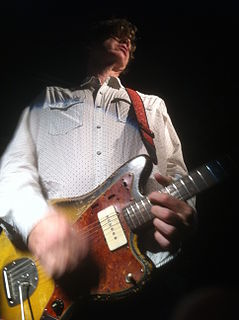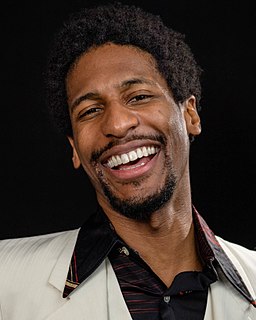A Quote by Roger Corman
I was young, so I was part of youth culture. The years went by, I became older and no longer part of youth culture, and I became more dependent upon the young people in the office and my own children.
Related Quotes
I'm a staunch believer in the effect of pop culture - including advertising and the internet - on the young. Pop culture in its narrowest sense - mass-produced film, TV, and music - either truly reflects what's up in youth culture, or it reflects what youth-filled focus groups have told marketing companies that they want to consume.
I am trying to get folks outside the hip-hop culture to understand why, despite the negatives, young people find hope and refuge in hip-hop. I'm hoping that young people immersed in the culture will work harder to capitalize on the possibilities for great social change that hip-hop represents as a national unified cultural youth movement.
What is needed now are increased efforts to promote youth participation and commitment; more services aimed at youth; more parental involvement; more education and information, using schools and other sites; more protection for girls, orphaned children and young women;and more partnerships with people with HIV and AIDS.
We're rewarding either the reality or the appearance of youth, which is why you have all these people in their fifties trying to act like they're seventeen. You know, it's great to be young. Be young. By all means, be young. But always remember that youth is also kinda dumb, and doesn't know a lot yet.
I always want to be doing both to travel as a teacher and lecturer, and to be a musician. I think in this generation institutionalizing the art form and spreading it to the younger generation through education is really important for all artists to have some hand in. Right now in popular culture and the mainstream, it's not a big part at all. I think education by young artists talking to young people, not just older people talking to young people, it gives an experience never felt before. I think over the years it will do a lot for the music.
Few places in American culture have made as effective a case for entrepreneurship than hip-hop. Hip-hop tells young people that our society is offering very limited options for youth. And that while society points to a radical decline in living wage jobs for youth and meaningful and affordable education, hip-hop is offering an alternative legitimate economy that is giving youth hope.


































